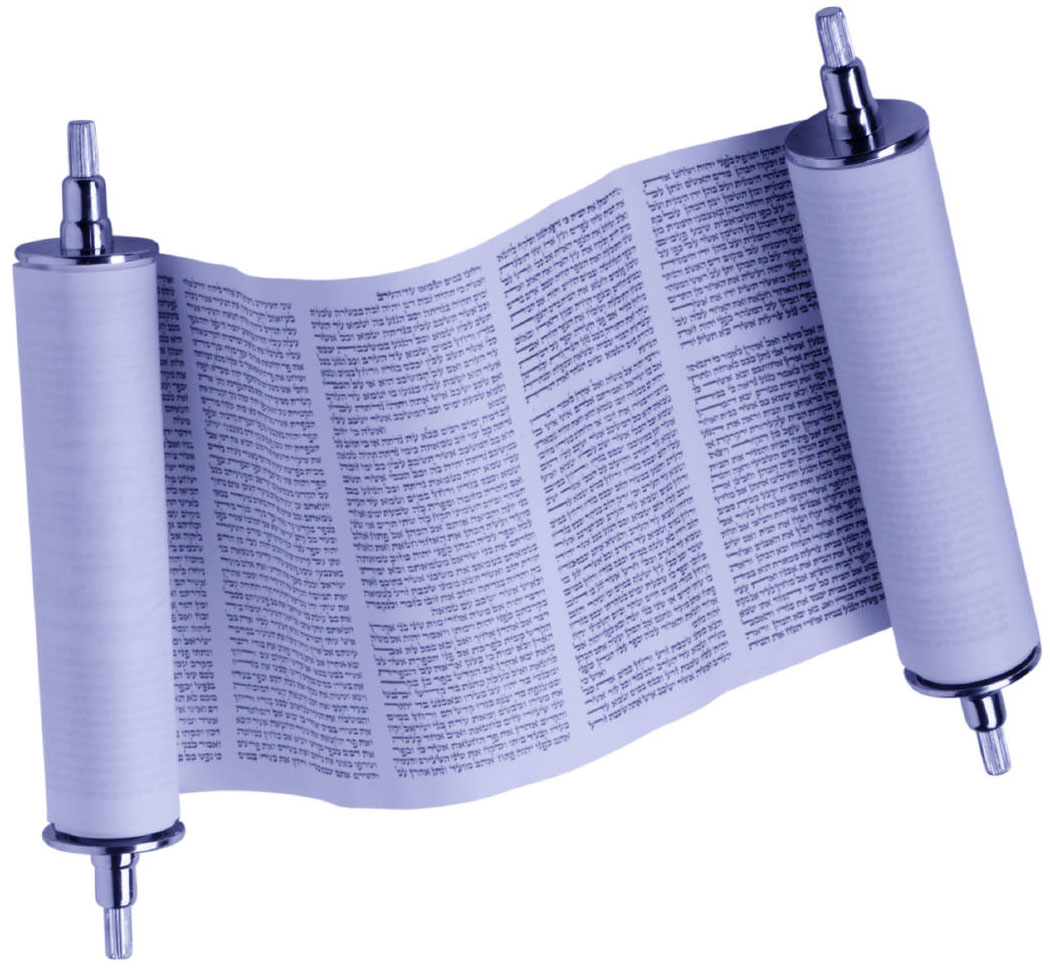
This week’s Torah portion is Mishpatim. Mishpatim means judgements and the parshah contains a collection of rules covering virtually every aspect of human life. Many of the laws have to do with behavior and moral values. The Torah reminds us that we are obligated to treat others with kindness because we were once strangers in the land of Egypt.
It is interesting that the Torah doesn’t just tell us to treat the orphan, the widow, and the stranger well because it is the right thing to do, but rather repeatedly reminds us that we were once like them. Why is this important? I think that there is a difference between something that you do because it’s what you should do, and something that you do because of a deeply held personal feeling, a sense of empathy rather than sympathy.
Sympathy is feeling concern, sorrow, or pity for another’s hardships. We have all felt sympathy for others and hopefully it has lead us to be compassionate. Empathy is about relating to another’s pain vicariously, as if having experienced that pain ourselves. The Torah demands more than sympathy when it comes to our treatment of those less fortunate. The Torah puts us in their shoes by reminding us that no matter how well off we are now, our history is in slavery, our ancestors were refugees. We keep that historical memory alive so that it will always inform our actions towards others.
Thirty-six times the Torah reminds us that we were slaves in the land of Egypt. In Jewish numerology, the number eighteen spells out the word, chai – life. We consider multiples of eighteen lucky for this reason. Perhaps the reminder of our historic oppression appears thirty-six times in the Torah because the value of our lives is doubled by the experience of empathy with those in need and by giving life to others through our actions on their behalf.
May this Shabbat help us to reflect on our historic redemption and the ways in which it can guide us to empathize with those who suffer and lead us to their aid.
Consider a donation to the Hebrew Immigrant Aid Society.
Shabbat shalom.
This is awesome. I am sharing. Thank you so much for sending! Shabbat shalom!
Love,
Nina
Nina Moliver, Ph.D.
Full-service dissertation consulting, editing, APA, statistics
http://NinaMoliver.com
I am using voice recognition software. If you see mistakes and typos that don’t look like me, that’s probably why. My apologies in advance.
Thank you for your beautiful thoughts…they prick at my conscience.
Sent from my iPad
>